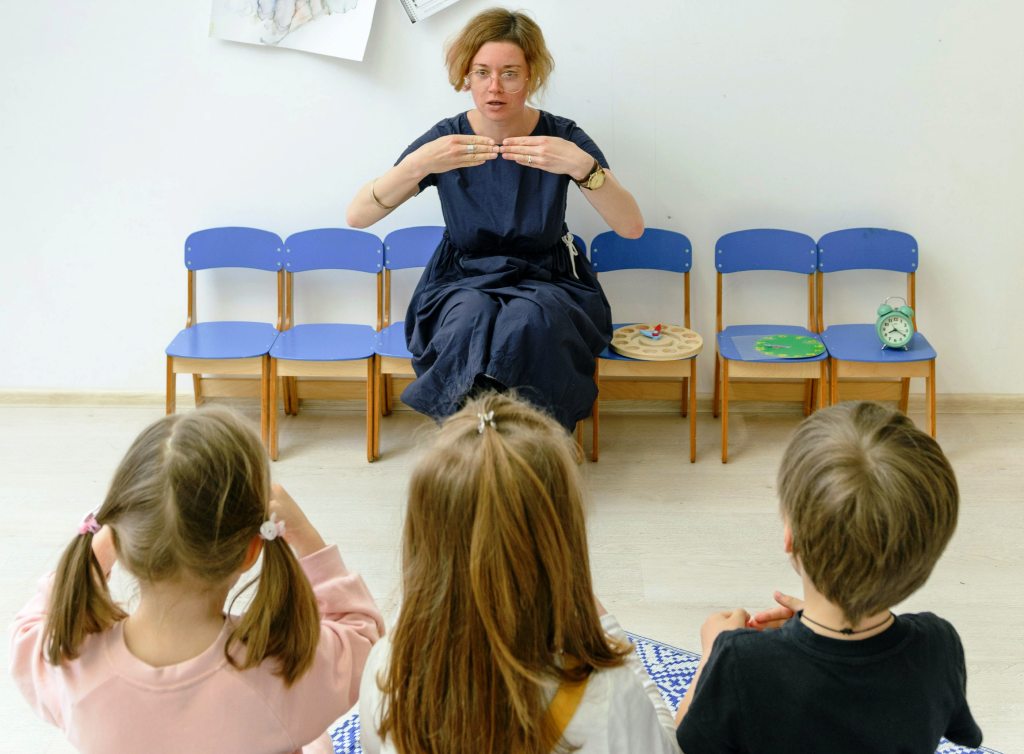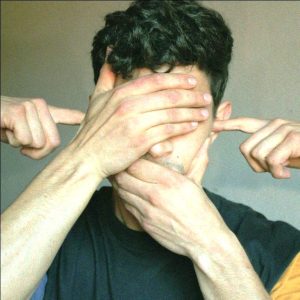For most of us who can listen and speak, we often get disturbed by a car honking on the road, or feel happy listening to the soft sound of a bird singing sitting on the branch of a tree right outside our window! But there are people for whom these noises are neither disturbing nor amusing because for them, these sounds do not exist. They are hearing impaired, either from birth or due to any accident or ailment. They understand, communicate and express their feelings with the help of sign language, which is an irreplaceable part of their life.
The world celebrated International Day of Sign Languages on the 23rd September, 2022. On this occasion, the CSR Journal talks to special educator and sign language interpreter Rajani Banerjee, to understand Why sign language training is necessary for everyone.
Sign language interpreter and special educator Rajani Banerjee
Rajani, who has been in this profession since the last 12 years is associated with Asha school Kolkata, an NGO run by Army Wives Welfare Association. She is in the profession since 2010 and associated with this school since 2014. The 35-year-old also works as an interpreter for hearing impaired people who are made to appear in court by the Kolkata Police and the Central Bureau of Investigation (CBI).
Talking about the best part of being in this profession, Rajani said, “The trust I earn from the person whose expressions I’m interpreting be it in court, school or anywhere else, that’s my best achievement from this profession.”
Why Rajani entered this profession? “My grandfather Baidyanath Bandopadhyay was a hearing impaired person by birth. He studied at the Calcutta Deaf and Dumb School and later became a teacher over there. My father Rameswar Bandyopadhyay also taught in the same school for 35 years. This inspired me to choose this as a profession,” Rajani informed, adding, “I have completed my Masters in Bangla and taken diploma in sign language interpretation, diploma in special education (hearing impairment.) I have also completed my B. Ed in special education (hearing impairment).
Why sign language training is necessary for every children
Children who are not hearing or speech impaired, often find it difficult to communicate with hearing impaired people later in their lives. Hence, Rajani suggests sign language training should be made mandatory in schools, especially in primary classes for all children.
Talking about the same, she said, “Sign language itself is a language for bridging the gap between two worlds – hearing world and non-hearing world. If this language is only kept limited to non-hearing community itself, then with whom will they interact apart from themselves? How can they lead their life independently if others (normal hearing people) can’t interact or don’t know sign language. That’s why it would be really good if sign language is made compulsory in all schools. This will help normal hearing children grow up with the awareness of non-hearing community or world apart from just knowing their own world.”





